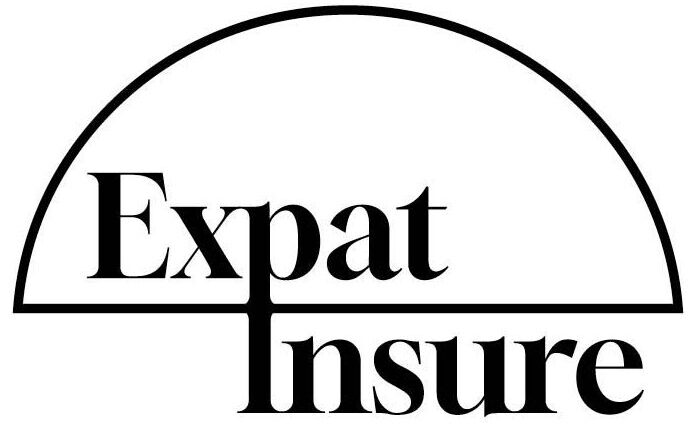Education Guide for Expats in
Curriculum for Expat Schools in Italy
Expat or international schools in Italy often follow an international curriculum designed to cater to the diverse needs of expatriate families. These schools typically offer programs such as the International Baccalaureate (IB), British, American, or other international curriculums that are recognized globally.
The focus is on providing a balanced education that promotes academic excellence while fostering intercultural understanding and personal development. In addition to core subjects, many expat schools offer a wide range of extracurricular activities, language support, and personalized learning plans to ensure each student can thrive academically and socially.
Expat families in Italy can also choose between public and private schooling options, each with its own distinct advantages. Public schools in Italy are funded by the government and offer free education, making them an attractive option for families looking to immerse their children in the local culture and language. These schools follow the national curriculum, which is rigorous and comprehensive, but may require additional support for non-Italian speaking students.
On the other hand, private schools, typically boast smaller class sizes, modern facilities, and a broader range of extracurricular activities, but come with higher tuition fees. Both public and private schools aim to provide a high standard of education, ensuring that expat children receive a quality education regardless of the choice of school type.
Cost of Education for Expats in Italy
The cost of education for expat families in Italy can vary widely depending on the type of school and location.
-
Public Schools: Education in public schools in Italy is free, funded by the government. Parents may still encounter some additional costs such as school supplies, extracurricular activities, or optional school trips. Generally, these costs are minimal and make public schooling an attractive option for families looking for a cost-effective education. Public schools offer the added benefit of cultural immersion, promoting better integration into the Italian community and language acquisition. This environment helps expat children to quickly adapt to their new surroundings and develop proficiency in Italian, providing a richer cultural experience.
-
Private Schools: Fees in private schools in Italy can range significantly based on their location, reputation, and educational approach. Annual costs might vary from a few thousand euros to over €20,000. These schools often offer a more personalized educational experience with smaller class sizes and more resources. Private schools may follow the Italian curriculum or an alternative approach, providing flexibility to meet the needs of different students. They also tend to have better facilities and a wider range of extracurricular activities, contributing to a well-rounded education.
-
International Schools: Typically, international schools in Italy have higher fees, ranging from about €8,000 to more than €30,000 annually. These schools offer international curricula such as the International Baccalaureate (IB), British, American, or other recognized educational programs. They often boast superior facilities, diverse extracurricular offerings, and a multicultural environment. International schools cater specifically to expat families, providing a familiar educational structure and language support, which can ease the transition for children moving from different education systems.
Higher Education for Expats in Italy
Choosing the right university as an expat in Italy involves several key considerations. Italy boasts some of the oldest and most prestigious universities in the world, such as the University of Bologna, Sapienza University of Rome, and Politecnico di Milano. These institutions offer a wide array of programs in various fields of study, many of which are available in English.
Expats should consider the university’s reputation, the availability of programs in their desired field, and the language of instruction. It’s also important to evaluate the support services available for international students, such as language courses, housing assistance, and integration programs, to ensure a smooth transition into university life.
Further Considerations for Expats Studying at a University in Italy
-
Health Insurance: In Italy, health insurance is mandatory for all residents, including international students. Universities often require proof of adequate health coverage before enrollment, and some institutions may offer specific policies tailored for their students. International students from EU countries can use their European Health Insurance Card (EHIC) to access healthcare services. Non-EU students must obtain private health insurance or enroll in the Italian National Health Service (Servizio Sanitario Nazionale, SSN), which provides comprehensive medical coverage. It’s crucial to ensure that the health plan covers all necessary medical services in Italy. For more information, visit this Insurance for Overseas Students page.
-
Visa and Residence Permit: Non-EU expat students must obtain a student visa to study in Italy. The process should be initiated well in advance through the Italian consulate or embassy in the student’s home country. The university often sponsors the student and assists with the necessary paperwork, including the application for a residence permit (Permesso di Soggiorno) upon arrival in Italy. It’s important to understand the duration of the visa relative to the study program to avoid any legal issues during your stay. Ensure all documents, such as proof of enrollment, financial means, and health insurance, are in order to facilitate a smooth visa and residence permit application process. For more information, visit this page on how to get a visa for Italy.
Choosing the Right University in Italy
Making the right university choice in Italy requires thorough research and careful planning. Prospective students should visit university websites, attend virtual open days, and reach out to admissions offices for detailed information. Consulting rankings and reviews can provide insights into the quality of education and student satisfaction.
It’s also advisable to speak with current or former students to gain firsthand perspectives on the university experience. By considering both academic and lifestyle factors, expats can make an informed decision that aligns with their educational goals and personal preferences, ensuring a rewarding and enriching experience in Italy.
